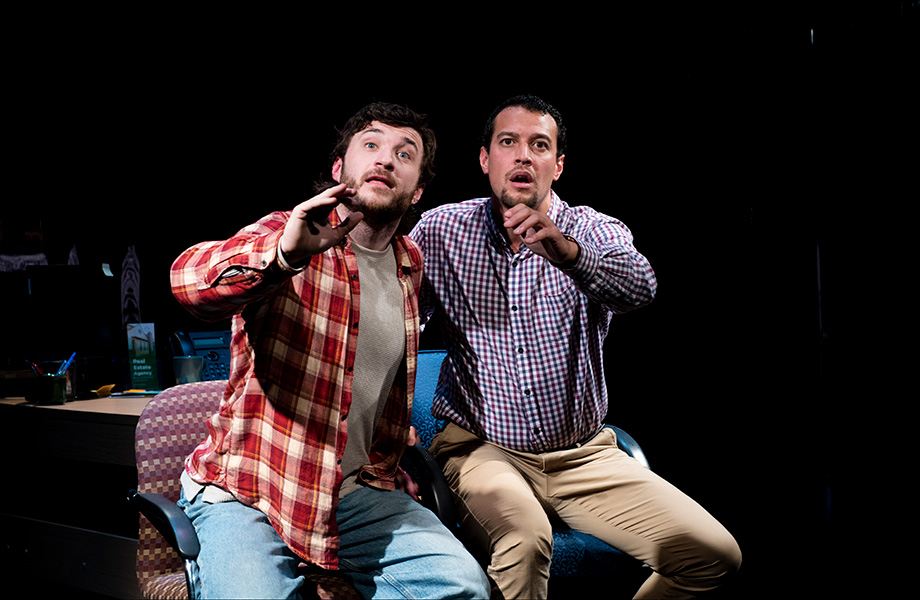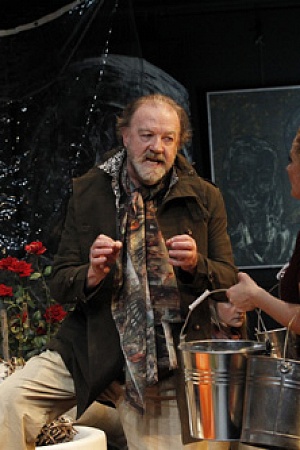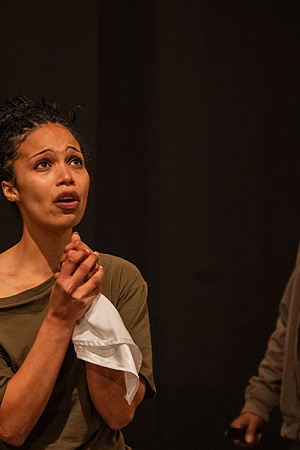Theatre
A Case for the Existence of God
Samuel D. Hunter’s portrait of heartland America
Red Stitch Actors' Theatre
by Andrew Fuhrmann •

Darcy Kent as Ryan (left) and Kevin Hofbauer as Keith (photograph by Jodie Hutchinson)
It’s twilight in a small town in southern Idaho. There’s a housing crisis, widespread poverty, rampant drug addiction, and high levels of crime. Lost jobs, lost souls. Shuttered shops and hollow hearts. The sun is going down on the American dream and in the modest office of a Main Street mortgage broker there’s a man who thinks his problems will be solved by taking on more debt and still more debt.
Continue reading for only $10 per month. Subscribe and gain full access to Australian Book Review. Already a subscriber? Sign in. If you need assistance, feel free to contact us.











Leave a comment
If you are an ABR subscriber, you will need to sign in to post a comment.
If you have forgotten your sign in details, or if you receive an error message when trying to submit your comment, please email your comment (and the name of the article to which it relates) to ABR Comments. We will review your comment and, subject to approval, we will post it under your name.
Please note that all comments must be approved by ABR and comply with our Terms & Conditions.